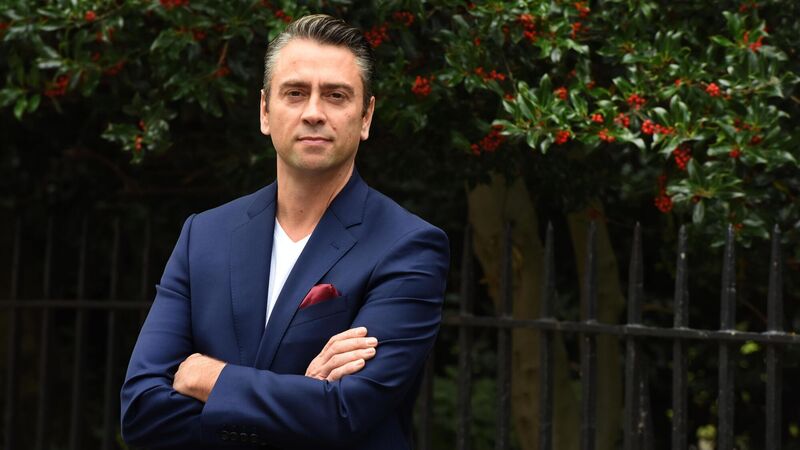Richard Hogan: Shane MacGowan was more than a hellraiser - were we complicit in his tragic loss?

Richard Hogan. Photograph Moya Nolan
The smoke swirling up like some sort of funnelling gyre from the ashtray. A half-drunk bottle of wine. The first sounds of that piano riff.
Enter Shane MacGowan, dragged into a police station by a fresh-faced Matt Dillion and that massive hat wobbling around on his unsteady head.











